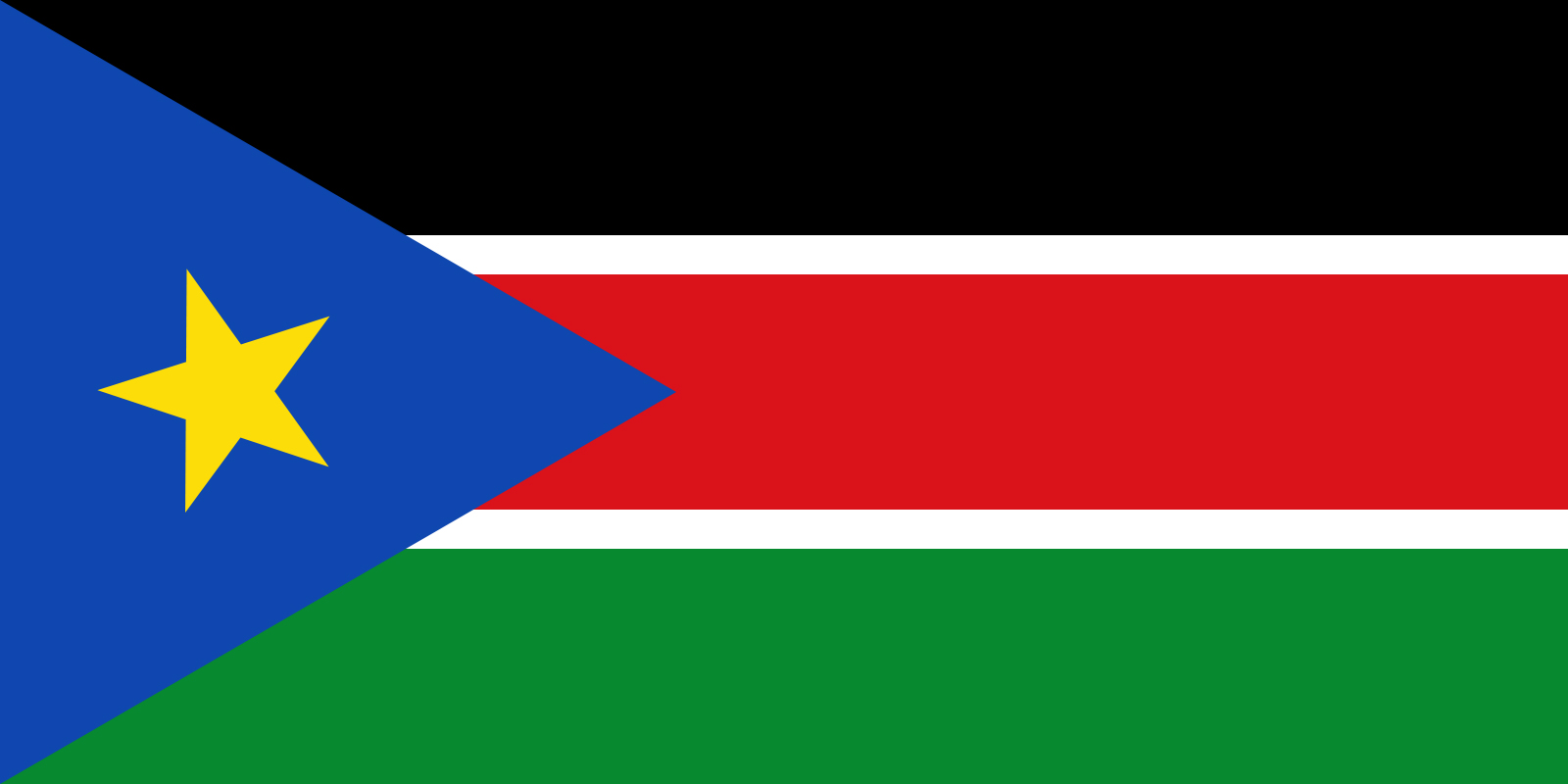Ahead of the UN Human Rights Council’s 55th session (HRC55, 26 February-5 April 2024), over 90 NGOs call on the Council to extend the mandate of the Commission on Human Rights in South Sudan (CHRSS). The CHRSS remains the only mechanism tasked with collecting and preserving evidence of violations of international law with a view to ensuring accountability.
In a letter released today, the signatories highlight that significant concerns exist about the human rights situation and the absence of key conditions for the holding of free, fair, secure, and credible elections and of an enabling environment for civil society. Violence and impunity remain pervasive in the country, including localised conflicts and intercommunal violence. Violations include extrajudicial killings, serious violations of international humanitarian law, politically instigated and supported localised violence, sexual violence, arbitrary arrests, and intimidation of, threats against, and harassment of civil society actors, in a climate of widespread impunity.
The humanitarian crisis remains severe, and the cross-border impact of the conflict in Sudan is exacerbating existing triggers and drivers of conflict across South Sudan. Ten months before South Sudan’s first national elections, set for December 2024, uncertainty over the constitution-making and electoral process is high and critical questions remain unanswered.
In this context, risk factors of further violations are clear. “This is not the time to relax the Council’s scrutiny,” the signatories write.

